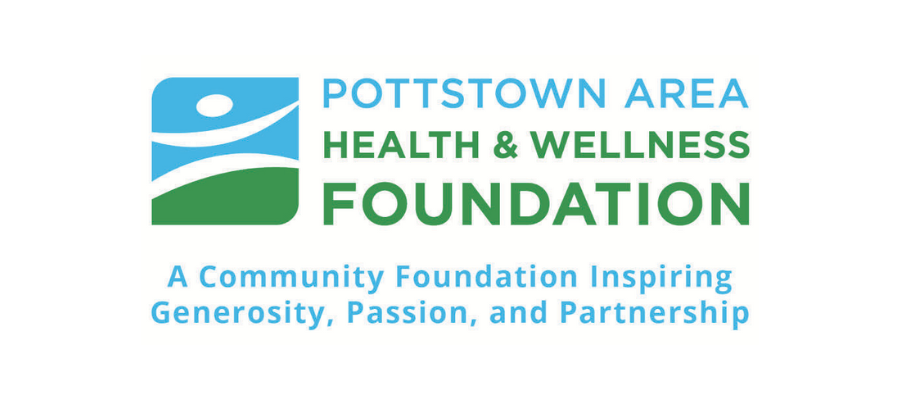What better time to reexamine your sleep health than after springing forward into Daylight Savings Time? Getting enough quality sleep is one of the greatest factors for maintaining and improving health, and insufficient sleep contributes to negative health outcomes, including:
- Diabetes
- Heart Disease
- Depression
- Obesity
Insufficient sleep also has acute effects, including a loss of productivity at work and a greater likelihood of accidents. In fact, fatal car accidents increase by 6% in the week following the switch to Daylight Savings Time.
In Pottstown and the Tri-County area, the time shift means many of us are suddenly waking up before sunrise. That change interferes with our circadian rhythm and keeps us from getting the 7-9 hours of sleep most adults need each night to feel their best. However, there are a few sleep habits you can adopt to quickly get your internal clock to reset.
- Exercise early: Get moving each morning to get your system used to the earlier wake-up time. Avoiding vigorous exercise three hours before bed will give your body time to relax before your target sleep time.
- Avoid Electronics: The blue light emitted from electronics’ screens interferes with your body’s sleep cycle. Set your devices to night mode to limit your exposure to blue light, or, better yet, avoid screen time in the hours before bedtime.
- Stick to a Schedule: Establishing a set sleep schedule—even on the weekends—will help with falling asleep and staying asleep through the night.
Some sleep disorders, such as sleep apnea and narcolepsy, can be ameliorated with the help of a doctor. If you suspect you have a chronic sleep disorder, consult with your doctor.
